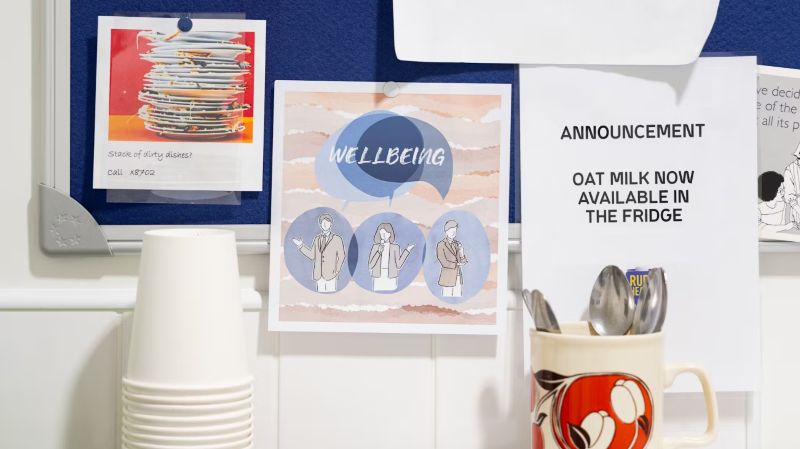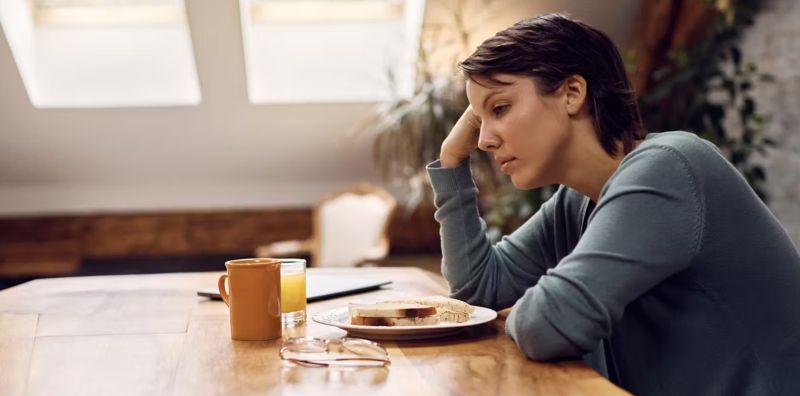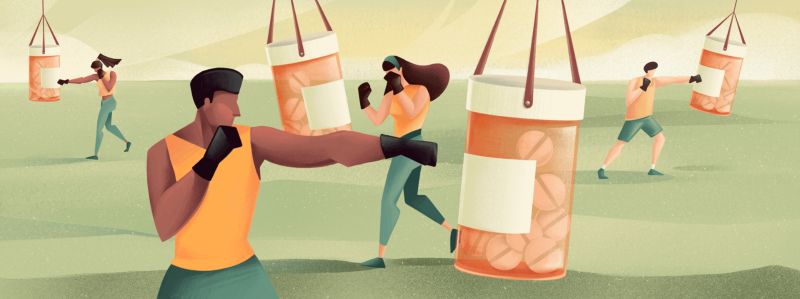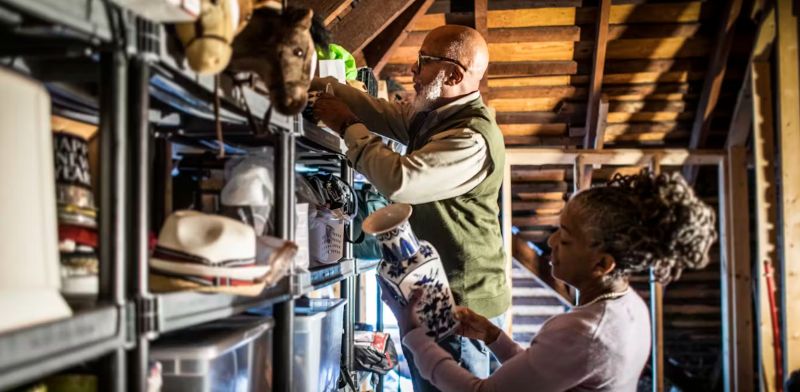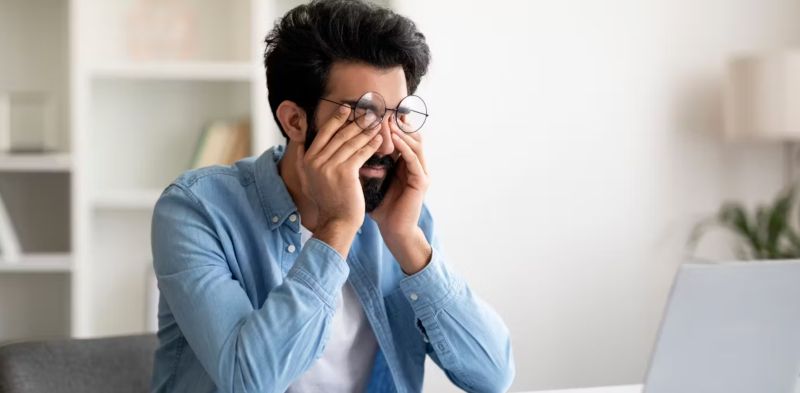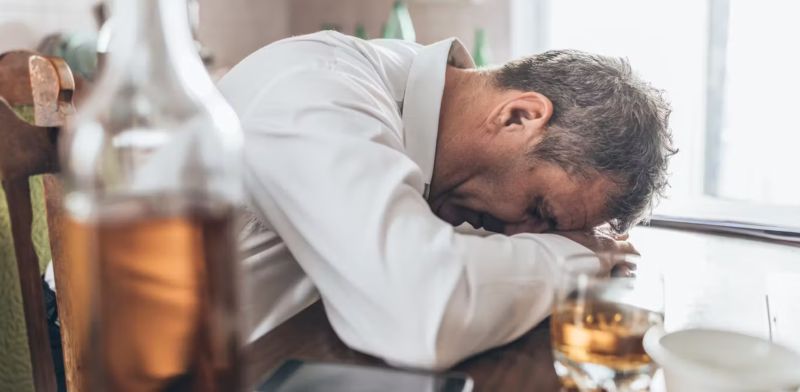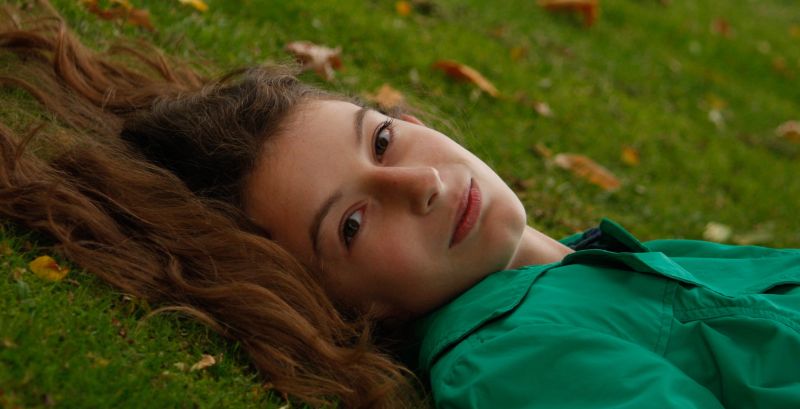
As a young person, Jamila Pereira relied on her religion to console her and the people in her church to support her. But during the most difficult time of her life, she felt judged, abandoned and seen as weak. The white-centred NHS also failed her. Here she describes finding inner strength, and the sources of support she discovered beyond church.

By Jamila Pereira
Bissau-Guinean freelance writer, poet and International Relations graduate based in Leeds

Maïa Walcott
Illustrator
University of Edinburgh

Black Ballad
Partner
Introduction
From an early age, I was taught to believe that everything we pray for comes to us and that everything that comes to us, even unexpectedly, happens for a reason. The reason I was given was that God wills it, which means that we can bear anything, even if our plate is already full.
All my life, this narrative told me that somehow, I had the power not to pick and choose my battles: I could overcome them all. Anything that suggested otherwise was a fragment of my weak imagination and unwillingness to beat the odds.
Yet, as I scroll through my phone’s notes and contemplate a poem I wrote on the loneliest night of my life, I know the narrative was invalid.
I was born African, Black, a woman and a first daughter. These intersectionalities defined many of my perspectives and actions. My health is part of this equation too.
I always found myself an odd, creative child, misunderstood, self-sufficient (by force) and prone to sadness. I assimilated feelings way harder than everyone else – at least, that’s what I thought.
When I required the strength to tell my parents that I had been a victim of sexual abuse for roughly five years, my voice failed me as if the warmth of silence had a far greater power to protect and console me than them. My life felt like a sea of thorns, but I wasn’t ready to risk drowning my parents in the same waters.
It seemed that God was the only one I could turn to because I could feel lonely, believing in God’s presence meant I was never alone. Somehow, that eased my pain whenever I felt in despair.
Pray the Dismay away
At that time, faith had a critical healing force over me. It was the only thing that kept me going. At church, I saw myself in peace, in a faraway land where no one and nothing could hurt me.
I sought my wildest dreams and biggest joys in my prayers at night. Religion gave me a sense of hope and anchor.

“At that time, faith had a critical healing force over me. It was the only thing that kept me going.”
But as time went by, my faith wore off. I started contemplating that God perhaps wasn’t there for me and had never been. Because no matter how hard I prayed, things wouldn’t be better, and that ample, burning pain I constantly felt running through my veins would never stop.
If God was watching, why would He put so many unpalatable plates before me? Why was He taking so long to come and rescue me from this harrowing misery? How long would it take me to pray until He saw me?
The church became a space where all my sorrow was discredited. I was made to feel ashamed that I could not bear my depression and my darkest thoughts.
Church also became a hostile environment where the congregation side-eyed me if I needed to go further beyond prayers as a coping mechanism. In the eyes of the church, I was selfishly reluctant to choose happiness or life itself.
Considering all that had happened to me, to have suicide construed simply as a self-inflicted act made me question how I could survive if God himself thought I was a tremendous sinner who couldn’t merely commit to “praying on it” or “speaking to Him”?
Due to the constant belief that I never truly belonged, I saw faith as a maze towards healing that I no longer had the strength to navigate. I ultimately chose to pull myself away from God’s eyes.
Establishing my Chance at Survival
It’s been five years since the time when I thought my life wasn’t worth fighting for. Five years since I understood that the longest relationship of my life had been with depression. No matter how much I fought back, our bond, formed when I was just ten years old, was far too powerful to be ripped apart.
I had watched women in my life “snap out of it” and be “the strong, resilient self” I wanted to be for years, and it was eating me away.

“The church became a space where all my sorrow was discredited. I was made to feel ashamed that I could not bear my depression and my darkest thoughts.”
And these strong people, whom I loved and who looked like me, caused me harm. From being told I was acting like an “attention-seeking white girl” to having my depression and suicidal ideation dismissed daily, I felt that I was bringing a shameful burden to others by suddenly opening up, as if I didn’t deserve healing because my “disturbing illness” was meant to be politely brushed under the rug.
It wasn’t until I enrolled in therapy that I knew I had a chance to survive. Even then, the eyes of many around me rolled, and I heard their deep sighs of mockery.
Healing in a Racist Healthcare System
Undoubtedly, the most significant part of my healing journey started when I grasped that society was oblivious to the intricacies of mental health issues within the Black community.
Even though many of us are fully aware that coloniality lingers over the healthcare system and beyond, we also need to understand that perhaps we willingly disregard the fact that we’ve dismissed our own needs and wellbeing for far too long in order to avoid dealing with the violence of systemic racism that prevails in GP’s surgeries, hospitals and even with health practitioners.
By internalising fallacies such as “shatterproof Black strength” or “pray your worries away”, I believe that many, like me, refuse to seek the help they need, instead choosing to try and will these narratives to life. These fallacies tore me apart and it was only when I came to view the ability to be vulnerable as the true meaning of strength that I began to see myself with the same kindness that I did others.
My first encounter with a white NHS counsellor was petrifying. I opened up to her and shared my deepest thoughts, only to sit silently miserable when she responded, “You seem like you’ve got a pretty good life, and you seem fine, so why are we here?”
As those words sank in, I felt as if I was the ungrateful sinner that belittles the beautiful life that God has given her once again. I wondered if I’d ever be able to get the help I needed.
Fortunately, after a few months of several persuasion attempts from close friends, I found my person: a non-white therapist who somehow understood every thought, every gesture, and every word that my body exhaled.
The power of intersectionality blew me away and created the safest place on Earth for my troubled mind. My feelings and symptoms did not vanish, but hope lingered and rose slightly after every session.

“Fortunately, I found my person: a non-white therapist who somehow understood every thought, every gesture, and every word that my body exhaled.”
For the first time I felt seen and heard. From managing my panic attacks and tangled thoughts to enrolling in a university and writing poetry, my therapist gave me the tools to see myself beyond my traumas and heartaches. She helped me imagine a future where everything could coexist without costing me my life or wellbeing.
Tomorrow is Another day
At 29, I know that vulnerability and fragility make many people sick. Still, somehow, those characteristics became my biggest strengths and the safest way, for me, towards a happy life. My therapist made sure I knew and benefited from that.
Growing up, I had never had a space to be myself, nor was I taught to respond to or understand my emotions. Exhaling my feelings would always be seen as a trait of weakness, overt sensitivity or a behavioural result of all the ‘white’ TV shows I often consume.
I had to be re-educated, so I could be done “getting over it”, “being a superwoman and an imposter”, or “making it happen”. My feelings were entirely mine to feel, and healing still is an everyday journey.
Despite my relationship with faith never being restored, due to political choices, I’m comfortable enough to willingly distance myself. Holding the power to understand Christianity’s colonial history and the extensive impact it had, and still has, in perpetuating atrocities within society, particularly in the Black community, allows me to ground myself differently and seek resources that are able to provide me a bigger and wider warmth.
Today, meditation, exercise, writing and simply breathing have become the techniques that provide me with longer and fuller moments of joy. Thus, I’m keen to see where life can take me without having religion hovering in my mind and crucifying me for choosing to be free, kind and at peace with myself.
Reimagining a better tomorrow, even when the present seems lacking, gratefully brings me light years beyond my imagination. So, dwelling on life and the weight trauma has had on me could only take me so far. And faith took me nowhere I truly wished to go back to.
By perceiving myself as an agent with full power to take care of myself and being able to ask for help has brought immeasurable benefits into my life. Proudly, I can say that my path towards healing was built by many hands and rose to the surface through their belief that I deserve not only a second chance at life but also with myself, mind and soul.
Originally published by Wellcome Collection, 04.21.2023, under the terms of Creative Commons Attribution 4.0 International license.
